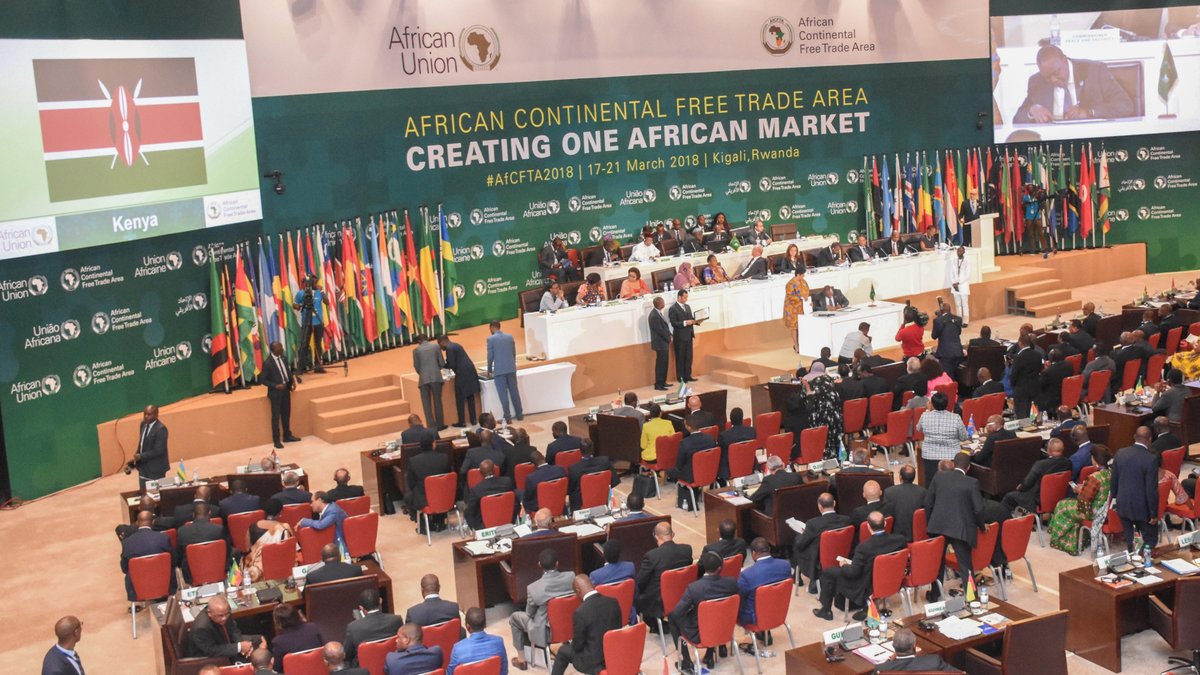Relying on the fact that Africa’s job creation pace has remained stagnant even upon the continent had ranked second behind Asia on the table of the world’s fastest-growing regions, with average annual growth in gross domestic product (GDP) of 4.7 per cent between 2000 and 2017, a joint report by the African Union Commission (AUC) and the Organisation for Economic Cooperation and Development (OECD) has averred that growth in Africa hardly means jobs availability after all.
The report noted that reported growths in Africa had not created enough decent jobs, and of the 282 million people who were currently working, many would face unstable employment even as growth continues.
In Nigeria, development economists have continued to battle both federal and state governments over the inability of several job creation investments have failed to meet targets.
The joint report also revealed that at the current rate, 66 per cent of jobs would still be insecure in 2022, a figure far higher than the targeted 41 per cent for 2023, stressing that the crisis would be further compounded by Africa’s rising population, which would see a quarter of the global population being African by 2050.
Details from the Africa’s Development Dynamics 2018, the first annual economic report by the AUC, released at the Commission’s headquarters in Addis Ababa recently, focused on “growth, jobs and inequalities” and highlighted the importance of accelerating the structural transformation of African economies.
The report averred that growth was still inconsistent: between 2016 and 2020, just three of the continent’s 55 countries should reach the targeted average annual growth of over seven per cent set by the AU’s Agenda 2063.
Accordingly, it drew attention to the need to increase productivity because African businesses were lagging far behind the rest of the world in sectors with high job-creation potential, such as agribusiness, construction, leather, light manufacturing and logistical services.
One similarity with both reports is that growth in Africa had less of an impact than elsewhere in the world on reducing inequalities and improving well-being.
This fact was further supported by the discovery that if the continent’s Gini coefficient had fallen by seven further points to 35 – the same level as in Asia – growth would have lifted another 130 million people out of poverty between 1990 and 2016, according to the report which it failed.
Only recently, an international report revealed that Nigeria, upon all purported job creation investments in the last few years, the country has overtaken India in becoming world poverty capital.









